Help Support Our Pediatric Care
Through our generous donors we have been able to help more than 1.5 million children reach their potential and lead more fulfilling lives, regardless of a family's ability to pay.
The fraternity established Shriners Children's as its official philanthropy in 1922 and continues to support it today. It is now one of the largest pediatric sub-specialty healthcare systems in the world, with locations in the United States, Canada and Mexico. In addition, the healthcare system holds hundreds of outreach clinics annually, with medical staff members routinely traveling to places around the world to provide pediatric medical care. The staff of Shriners Children’s is dedicated to improving the lives of children by providing pediatric specialty care, conducting innovative research and offering outstanding educational programs for medical professionals.
Women Impacting Care, chaired by Shriners International’s First Lady, is a thoughtful group of women donors, supporters and advocates who have bonded together to help highlight services and programs of Shriners Children’s.
Shriners International members, their families and partner organizations are committed to improving the lives of children throughout the world. Through fundraising, volunteering, education, awareness campaigns, board leadership and more, the impact of the fraternity and supporters, help Shriners Children's provide the most amazing care anywhere.
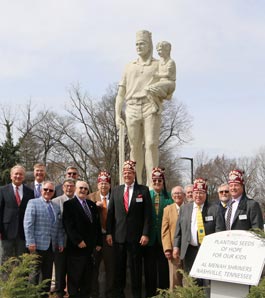
An exclusive benefit as a Shriner is the opportunity to serve in several meaningful and mission critical roles in support of the healthcare system. Shriners are elected by the fraternity’s membership to strategically guide the healthcare system’s direction through serving on Shriners Children’s Board of Directors, Shriners Children’s Board of Trustees and at a local level as officers on each location's Board of Governors.
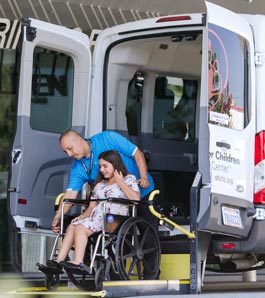
Each Shrine Center has a special unit of transporters called the Road Runners. For each trip, they pick up a local child and their family, drive them to a Shriners Children's location for treatment, and then return with them back home. The transportation is at no cost to the child’s family, but the Road Runners say they are paid with smiles from children and families. The Patient Transportation Handbook (updated version coming soon) is a resource developed for our Shriners and outlines recommendations on a variety of topics.
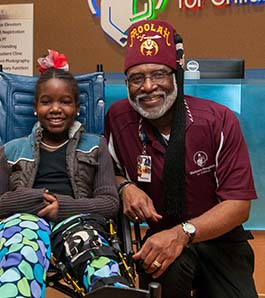
Members have many unique volunteer opportunities at a local hospital level that are often reserved exclusively for Shriners including serving as tour guides and other meaningful roles at Shriners Children's. These opportunities offer a first-hand experience of the philanthropy we Shriners support.
An exclusive benefit as a Shriner is the opportunity to serve in several meaningful and mission-critical roles in support of Shriners Children's. Shriners are elected by the fraternity’s membership to strategically guide the healthcare system’s direction through serving on Shriners Children’s Board of Directors, Board of Trustees and at a local level, as officers on each facility's Board of Governors.
Members have other unique volunteer opportunities and are frequently seen throughout the grounds of our hospitals and outpatient facilities and at events, generously donating their time in a multitude of ways, including serving as tour guides, entertaining patients, and transporting patients to the hospitals and clinics. Our members and their families also engage in significant fundraising efforts, hosting a variety of events including golf tournaments, football games, motorcycle rides, fishing tournaments, dinner parties and dances.
Thanks to the determination, dedication and hard work of millions of Shriners and supporters over the years, the two organizations have left a lasting impact on humanity. Since opening the first Shriners Children’s location, the healthcare system has improved the lives of more than 1.4 million children. And with the help of new generations who share this passion for helping others, the organizations will continue making a difference for decades to come.
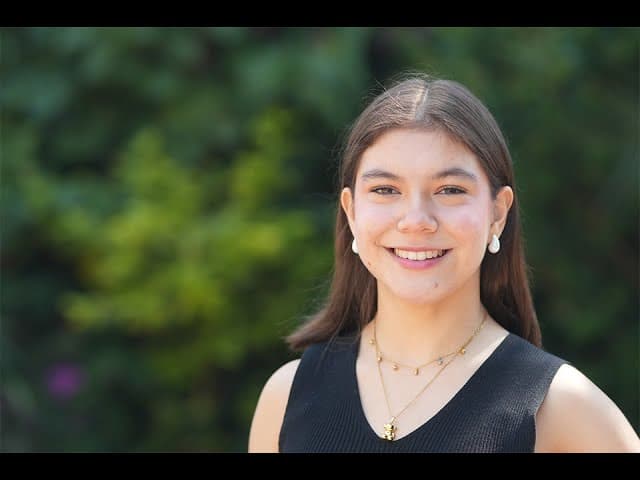
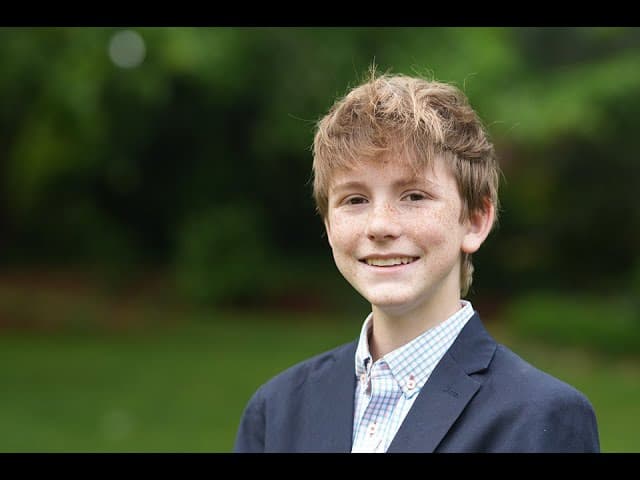
Through our generous donors we have been able to help more than 1.5 million children reach their potential and lead more fulfilling lives, regardless of a family's ability to pay.

Shriners Children's is here to help! Our healthcare system offers care for a wide range of pediatric specialties.

Shriners Children's has a mission to provide the highest quality care to children with neuromusculoskeletal conditions, burn injuries and other special healthcare needs.

